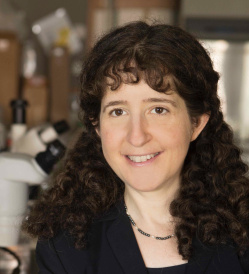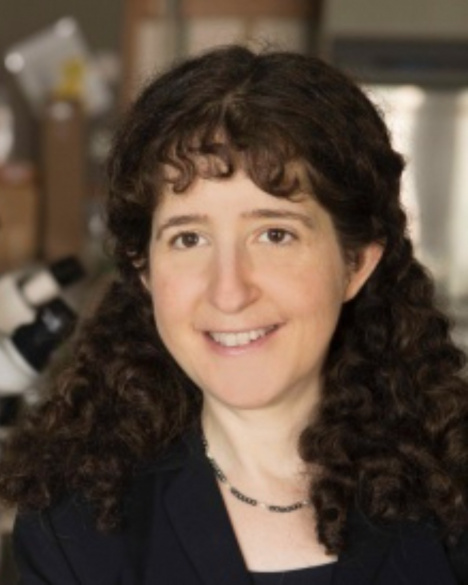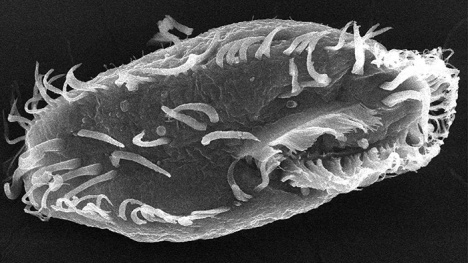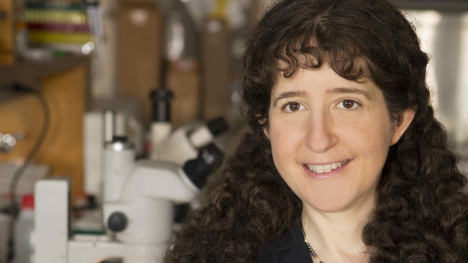Laura Landweber
Titles
Professor, Biochemistry and Molecular Biophysics, and Biological Sciences
Website
Laura Landweber is a professor in the Department of Biochemistry and Molecular Biophysics, Department of Biological Sciences, and the Department of Systems Biology.
The Landweber Lab investigates RNA-mediated epigenetics and genome reorganization during development and evolution.
Dr. Landweber earned her AB in Molecular Biology from Princeton University, and her PhD from Harvard University. She was faculty at Princeton for 22 years before moving to Columbia in 2016. Her awards include a Harvard University Junior Fellowship, Burroughs Wellcome Fund and Sigma Xi New Investigator Awards, an NSF Career Award in Computational Biology, the Blavatnik Award for Young Scientists from The New York Academy of Sciences, and a Guggenheim Fellowship.



